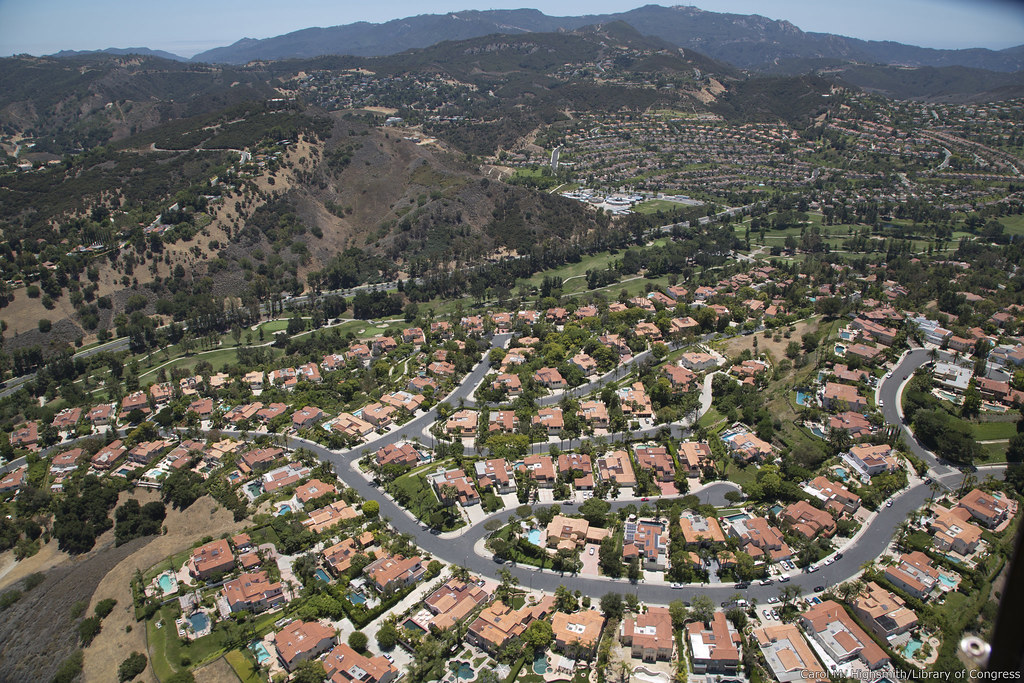
California officials are sounding the alarm as rent prices skyrocket in fire-affected areas of Los Angeles. With the declaration of a state of emergency due to recent wildfires, the law prohibits landlords from price gouging, yet some rental listings have already exceeded the legal cap. The situation has prompted state leaders to take action to protect vulnerable residents.
Under California law, price gouging is strictly prohibited after an emergency is declared. This law sets a price-gouging cap at 10% above what the rent was before the emergency declaration. Consequently, landlords cannot accept rent that surpasses this threshold. Violators of these regulations may face misdemeanor charges, which carry penalties of up to one year in jail and fines of $10,000 for each violation.
Recent listings illustrate the concerning trend in the rental market. A four-bedroom, four-bath house in Encino was initially listed for $12,000 a month in December but was re-listed for $14,000—a clear violation of the 10% cap. Similarly, a three-bedroom, four-bath property in Los Angeles saw its rent jump from $16,000 in September to a staggering $29,000. Both cases exemplify the ongoing struggle for displaced residents who are already facing challenges due to the aftermath of the fires.
In response to the housing crisis, Governor Gavin Newsom has extended protections related to housing until March 8. This extension includes prohibitions on price increases for motel, hotel, and rental housing. Additionally, short-term rental platform Airbnb announced it would enforce price caps of 10% for hosts in Los Angeles and Ventura counties.
New Measures to Protect Displaced Residents
Displaced residents are encouraged to seek assistance from the Federal Emergency Management Agency (FEMA), which offers several programs for those affected by the wildfires. FEMA provides reimbursement for out-of-pocket lodging expenses that are not covered by insurance, further alleviating some financial burdens for those impacted.
Moreover, five major banks have come together to offer mortgage relief to homeowners affected by these disasters. Bank of America, Citi, JPMorgan Chase, U.S. Bank, and Wells Fargo have agreed to provide a 90-day grace period on mortgage payments, a 90-day waiver of late fees, and a moratorium on new foreclosures lasting between 60 to 90 days.
California Attorney General Rob Bonta firmly stated, “You cannot jack up prices and take advantage of disaster victims, plain and simple.” This sentiment reflects the state’s commitment to ensuring that residents are protected during these challenging times.
What The Author Thinks
California’s crackdown on price gouging is a crucial step in ensuring that vulnerable communities are not further exploited during times of disaster. While the enforcement of rent control and business regulations is a necessary measure to protect residents, the true success of these efforts will depend on how effectively the state can monitor compliance and enforce penalties. This initiative signals a growing recognition that natural disasters should not be used as an opportunity for financial exploitation, and it is encouraging to see the state prioritize the welfare of its residents.
Featured image credit: GPA Photo Archive via Flickr
Follow us for more breaking news on DMR
